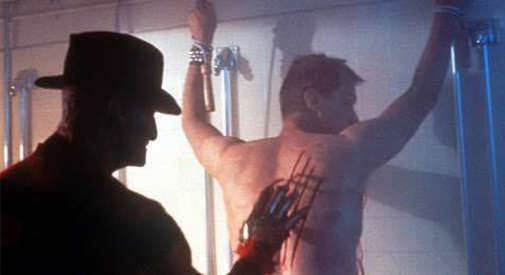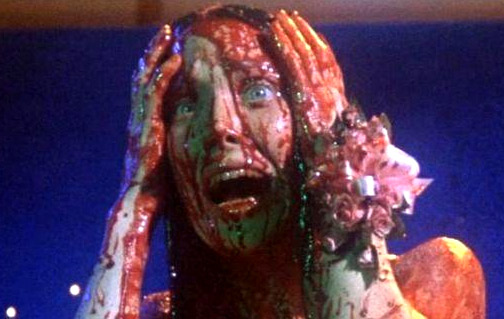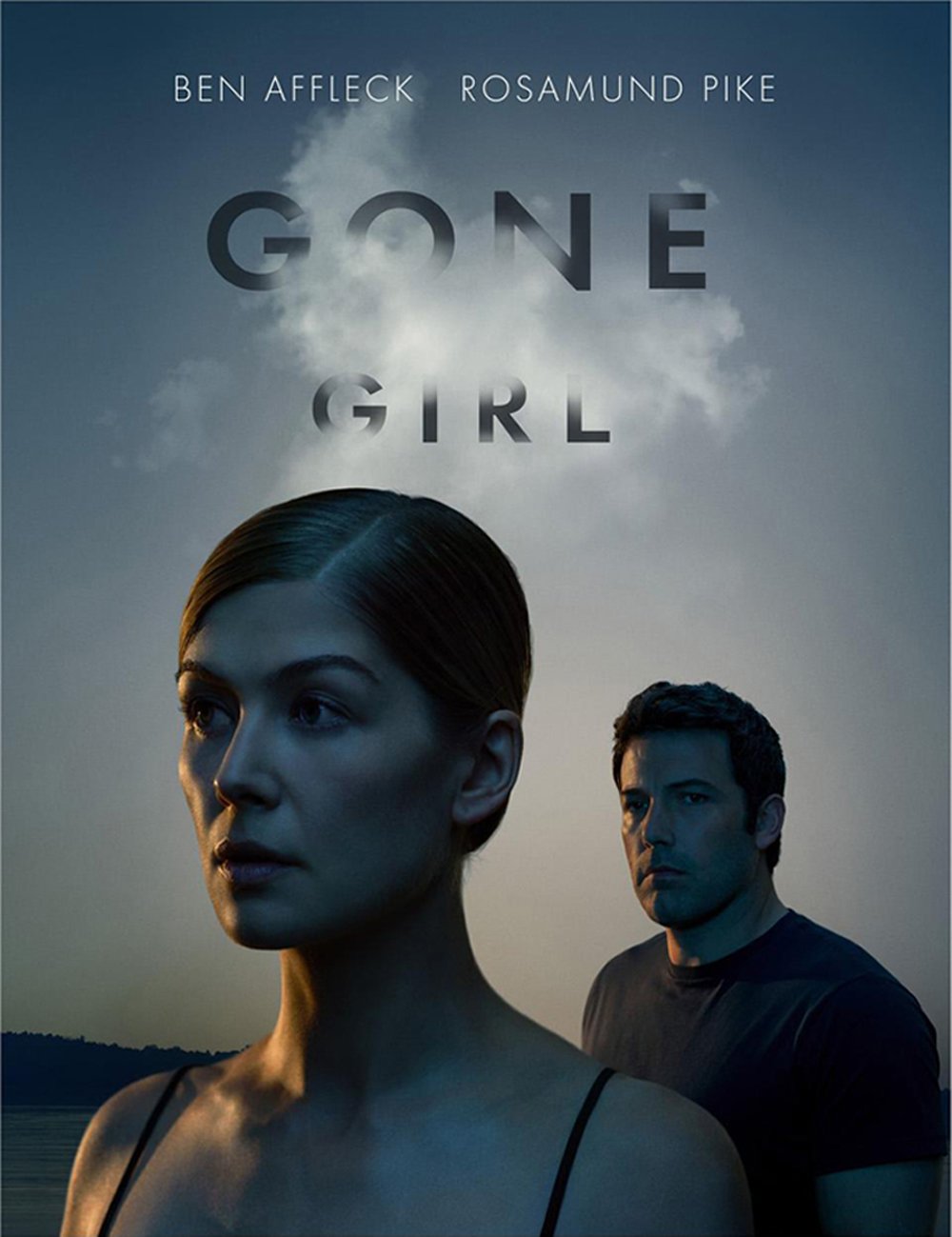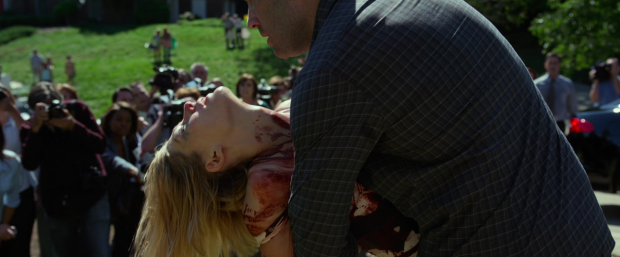April Showers: Blue Jasmine
 Monday, April 30, 2018 at 8:15PM
Monday, April 30, 2018 at 8:15PM  A final April Showers for the month. Here's Ilich on Blue Jasmine (2013).
A final April Showers for the month. Here's Ilich on Blue Jasmine (2013).
Blue Jasmine takes on the narrative of Tennessee William's A Streetcar Named Desire and removes it from its intended New Orleans setting to soak it in the San Francisco coastline. It's there that Jasmine (formerly Jeanette, always Cate Blanchett) reluctantly calls her sister's place home after her socialite life in New York City less than gently escorts her out. Water and cleansing are only a couple of the elements used to contrast her former, generously sponsored life in the city—shown in abrupt flashbacks throughout—against her less sophisticated past and current unraveling.
It's a paralyzing shower that sets Blanchett's Jasmine up for her last scene, but both mean little without the context provided before that give us an insight into Jasmine's aspirations and self-destructive habits. The film is as fascinated with its lead's denial as we are with Blanchett's performance...








